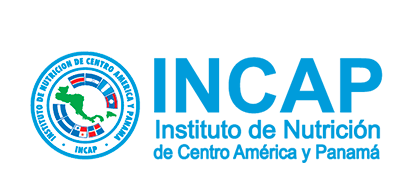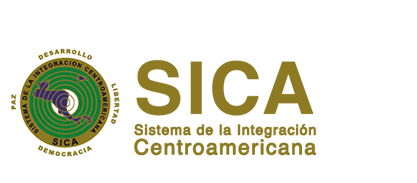|
The project will implement a 6-month self-management intervention in
Tecpán, Chimaltenango and Guineales, Sololá, with approximately 1,000
individuals with type 2 diabetes.
The project will evaluate the effectiveness of the program with
respect to:
Glycated hemoglobin
Blood pressure
Weight and waist circumference
Diabetes
related knowledge and behavior
In addition to the clinical and knowledge indicators at the patient
level, the project will also monitor the implementation of the intervention
using the RE-AIM framework (representation, effectiveness, adoption,
implementation, and maintenance) in both settings.
|




